Dr. Cu Van Trung believes that the rearrangement of the country is for the country to rise up in the new era. (Photo: CGCC) |
Leading the nation with endogenous strength
From July 1, 2025, 34 provinces and cities across the country will officially operate two-level local governments, including provincial and communal levels, after a trial period. This will be an important milestone in the administrative reform process.
The stature and strategic significance of this move for Vietnam's long-term development is not only in streamlining the apparatus but also in terms of stronger development.
A nation that knows how to gather the strength of the people to fulfill the demands of the new era is a brave and heroic nation. Here, we can be completely proud of the communists who are in power in Vietnam at this time. Our Party is carrying out a revolutionary reform of the model of the political system.
What has been shown in the past, we can be completely proud of the Party, of the current Vietnamese leaders because of their progressive and innovative thinking. In the new era, each country and nation must reposition itself, shape its own values. That means, our nation is reviving the country, our Party is leading the Vietnamese nation with the internal strength and capacity of the Vietnamese people.
People keep talking about the “too tight shirt” of institutional innovation to expand development space, giving localities room and opportunity to grow. I think that is true but not enough. Another more valuable meaning that few people mention is the disintegration of interest groups.
Many studies have shown that, with enough time, with mastery of tricks and maintaining a system model for too long, slow reform and unprofessional power control will create a favorable land and environment for opportunists and interest groups... Therefore, this revolution has no room for hesitation or opportunism, all changes are aimed at serving the interests of the people as General Secretary To Lam has stated many times.
"New land" to break through
The change in administrative boundaries and personnel structure will certainly bring both opportunities and challenges. In fact, there are many great opportunities that administrative units after the merger can take advantage of to make a breakthrough. Among them, the greatest opportunity is autonomy and self-responsibility in the decentralization and delegation mechanism that our Party advocates and directs.
With people (human resources), forces, resources and capital in the people, each locality is a potential warehouse and the Central Government entrusts that initiative to the grassroots, provincial and municipal governments to open up and exploit for development.
The opportunity is there, whichever province can develop and do it will demonstrate its dynamism and mettle; there will be no more pushing, cumbersome, multi-layered, difficult-to-assign responsibility. Now, the apparatus is more streamlined, the human resources are of better quality, the budget and potential among the people are more available. These are "new lands" for cadres to break through, to lead the people, so that each province and city will develop more and more.
However, there are also important challenges that need to be identified and effective solutions needed to ensure stability and sustainable development.
The challenges here are of two types, one is the challenge in operating the new 2-level local government model. We temporarily call it a regular, micro-quality challenge. These are the difficulties in synchronizing, perfecting and perfecting the procedures, mechanisms and policies of the work items, sectors and levels. Difficulties in grasping the area and geography for management, in stabilizing the work, understanding the culture, customs and the characteristics, unique features as well as the limitations and strengths of the base for leaders, managers and civil servants...
The challenge of a larger, more macro nature has been identified and pointed out by the leader of our Party, and at the same time, measures have been proposed to call for consensus among the people, which is the need to call for the spirit of solidarity of the entire nation on this journey.
There are many concerns, problems and interests at different levels. The existence of such psychological forms, more or less causing obstacles and challenges, even having interest groups and hostile forces to sabotage, all of which pose many risks at a macro level to our Party.
In addition to mastering the tools of proletarian dictatorship (armed forces) to simultaneously carry out political and economic reforms, our Party pays great attention to the mobilization and soft factors to call for solidarity among all classes of people and social forces.
People do administrative procedures on the first day of operating the new model. (Photo: Luu Huong) |
Local adaptation and promotion of advantages after merger
For the merger to be successful and truly be the "beginning of a new development opportunity", the State needs to have specific mechanisms and policies to support localities in adapting and promoting post-merger advantages. The role of arranging, training and fostering the staff and civil servants to meet the requirements of the new period is also an important factor.
The Laws are also being gradually amended and have provisions, paying attention to specific localities and special zones. The phrase "special zone" that has been mentioned a lot recently is a reflection of our Party's thinking and ideology. Where there is a need for more openness, a more flexible mechanism, and localities that meet the criteria and standards for speciality, policies, scenarios and development models will be developed to submit to higher levels, the Central Government and the National Assembly for consideration and approval.
"Now, the apparatus is more streamlined, the human resources are of better quality, the budget and potential among the people are more available. These are 'new lands' for cadres to break through, lead the people, so that each province and city will develop more and more." |
Our Party often emphasizes the role of localities with phrases such as "locality decides, locality does, locality is responsible", of course based on the policies, mechanisms, and guidelines of the Party and State and legal regulations.
The issue of cadres in the 2-tier local government model has also attracted public attention. People have raised questions about the quality and efficiency of this team when merging and reorganizing. I think that everyone must learn, work, and train at the same time, in the style of "running and queuing at the same time".
We are on a new journey. Therefore, with our existing experience, each cadre and each citizen must renew their skills in the process of performing public duties. The process of training cadres is a two-way process. The Ministry of Home Affairs or Political schools all develop curricula and learning materials from practice and from the grassroots. The cadres themselves must be the ones to renew and contribute to this professional training.
In this revolutionary political reform, metaphorically speaking, the country's leaders are also very talented when they have to "play chess and carve pieces". If we only rely on the training and development of the Central Government, the Ministry of Home Affairs, schools and classes, each cadre has not really "transformed". Therefore, along with waiting for training, each cadre and specialist should respond and contribute ideas to the process of perfecting the model of the 2-level government system with the competent training and development agencies and units.
The merger of administrative units aims at a prosperous, happy and sustainable Vietnam. There will be specific impacts on the lives of people in the localities after the merger, especially in terms of economy, culture and society. The important thing is how to ensure that people benefit the most from this process and join hands to build a better future.
We see the advantages of the two-tier government model beginning to emerge, from the issuance of red books, construction permits, notarization, and other administrative procedures, everything is very fast, very clear and transparent. It seems that people have more sympathy for the government and its officials. Everyone, every household is in harmony with the new spirit and new mindset of the country. Therefore, the trust of the people and society in the Party and the State is increasing.
When people and society are in harmony with the flow of the country and the Party, and move towards the goal of serving the interests of the people, society will have "countless forks in the road" for people to enjoy the sweet fruits of the mechanisms and policies implemented by the Party and State of Vietnam.
Source: https://baoquocte.vn/sap-xep-lai-giang-son-de-dat-nuoc-vuon-minh-319671.html



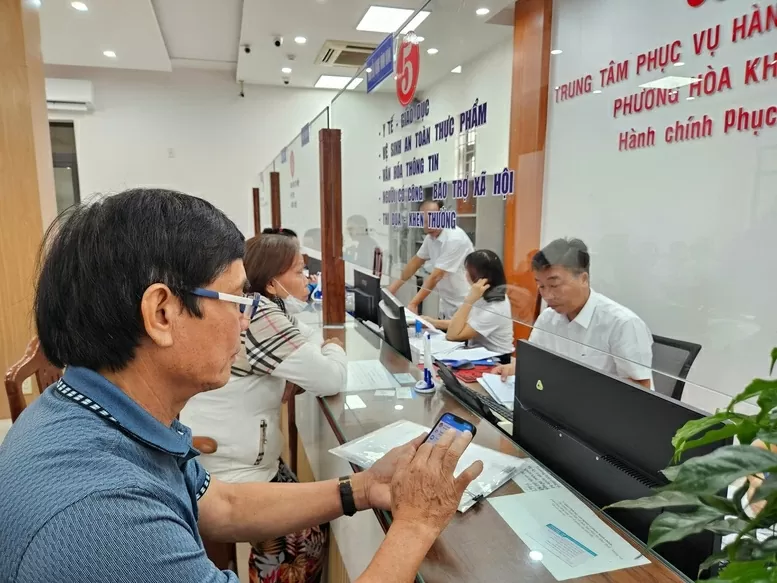


![[Photo] National Assembly Chairman Tran Thanh Man receives First Vice Chairman of the Federation Council of the Federal Assembly of the Russian Federation](/_next/image?url=https%3A%2F%2Fvphoto.vietnam.vn%2Fthumb%2F1200x675%2Fvietnam%2Fresource%2FIMAGE%2F2025%2F12%2F02%2F1764648408509_ndo_br_bnd-8452-jpg.webp&w=3840&q=75)



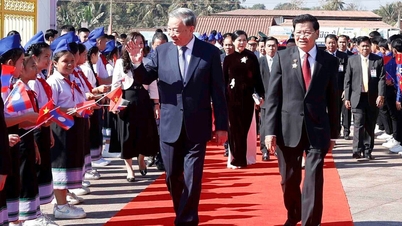



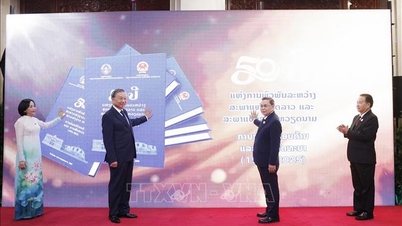

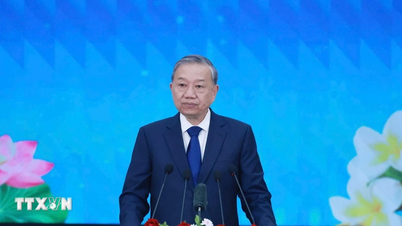

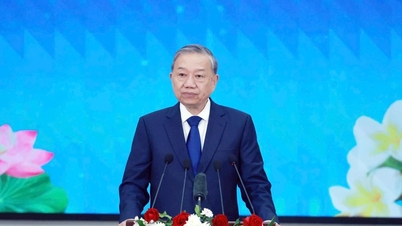

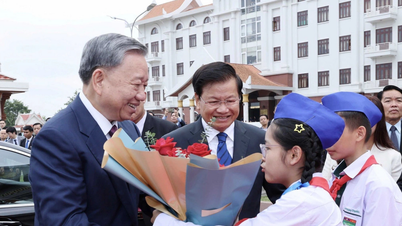





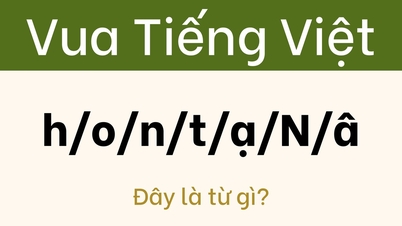
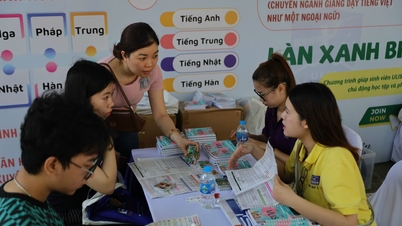








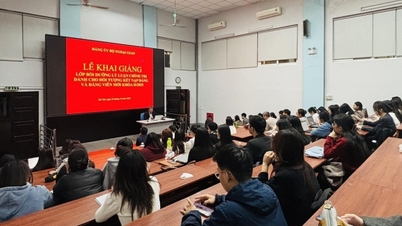
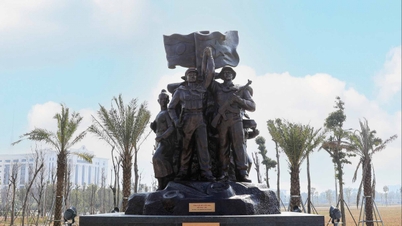
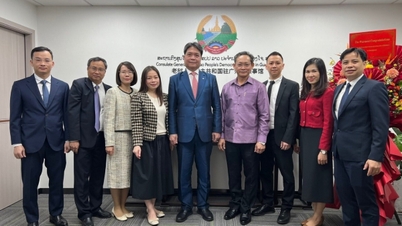
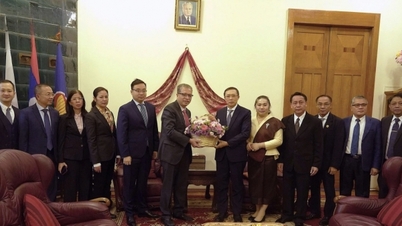
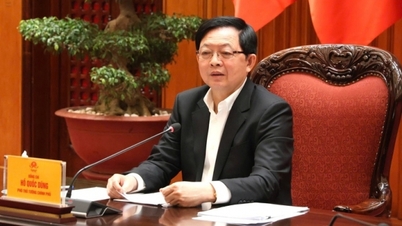






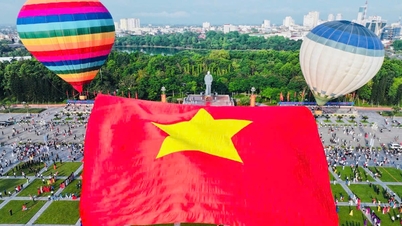

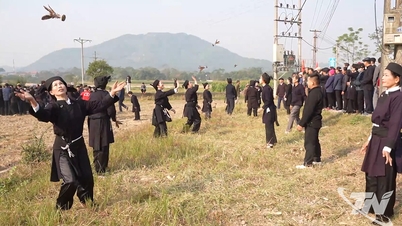






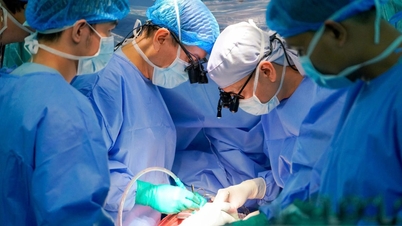

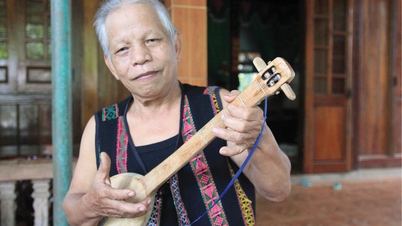

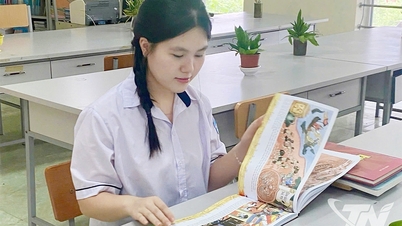
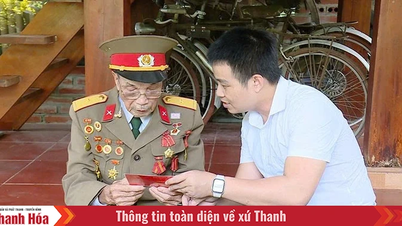









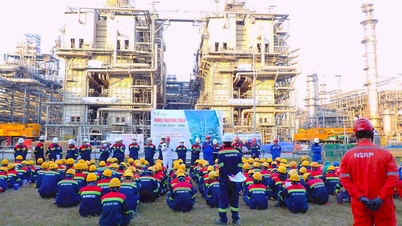






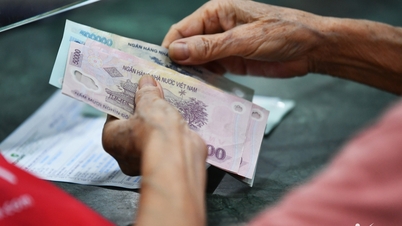

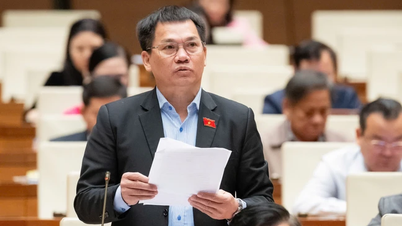
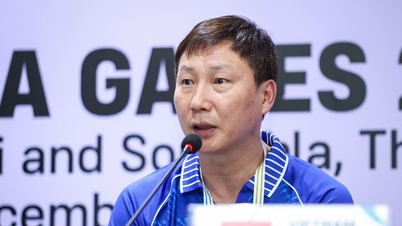

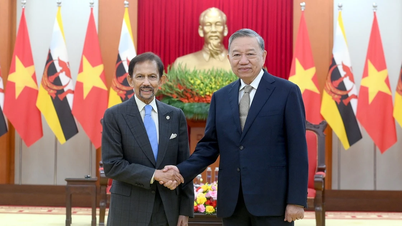



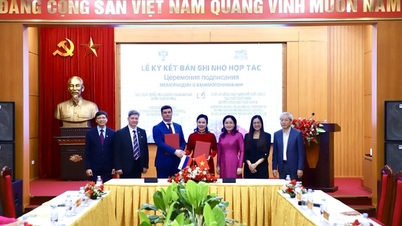

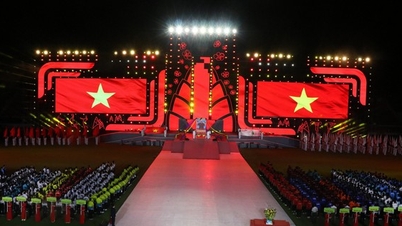
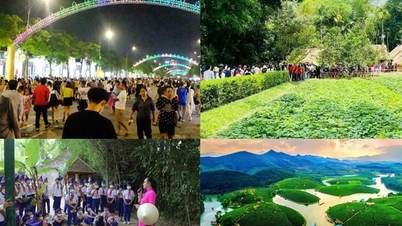

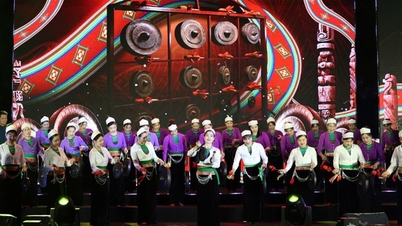

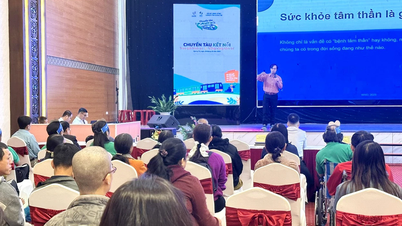

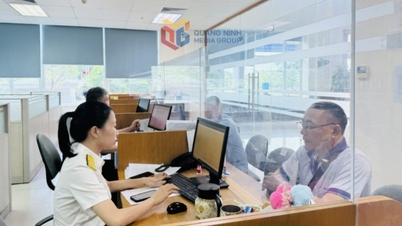

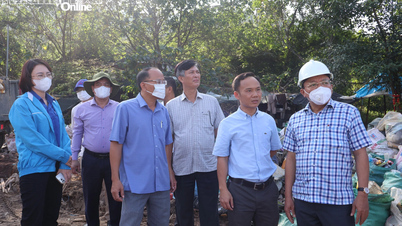

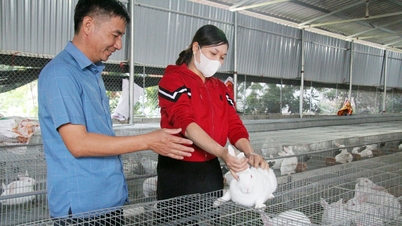

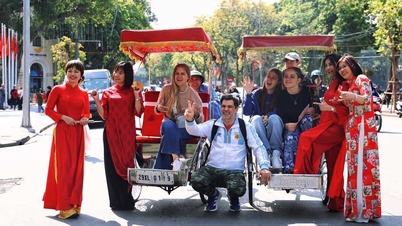
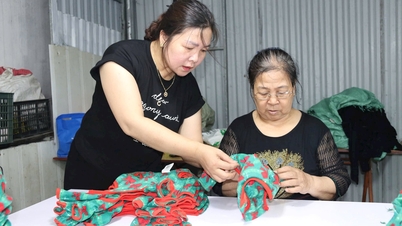










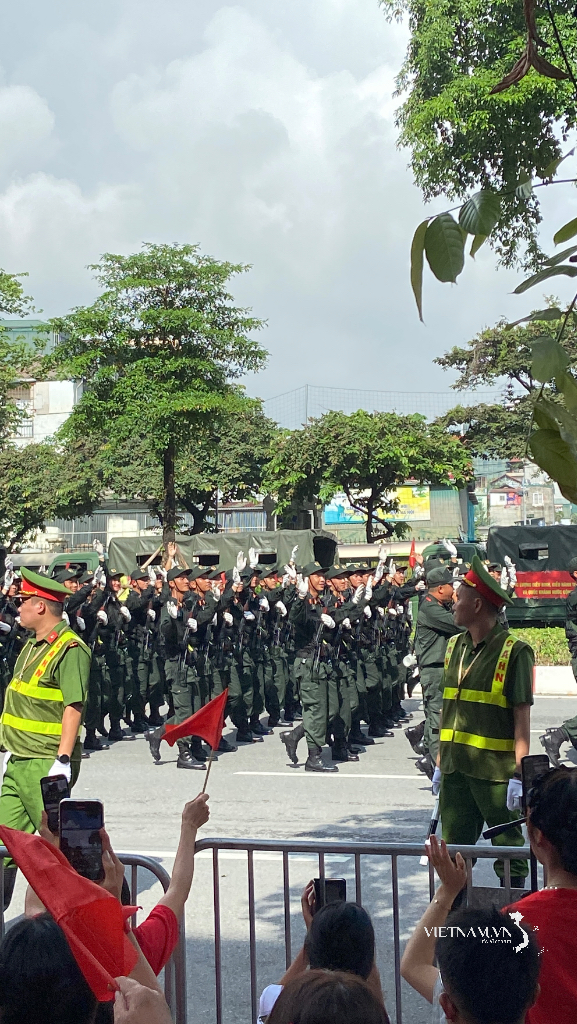
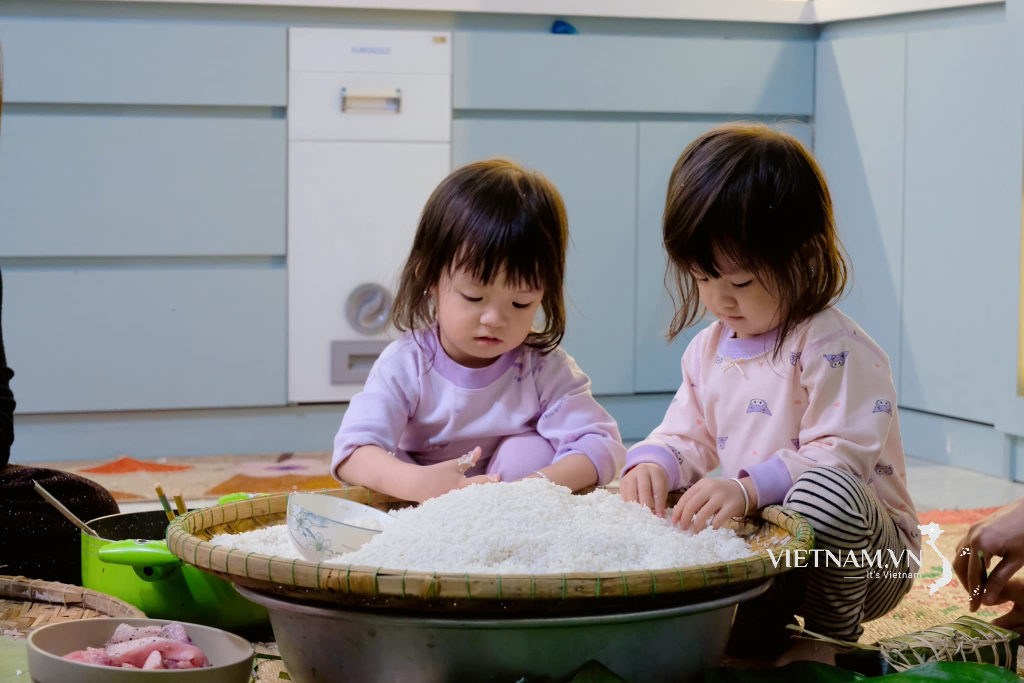

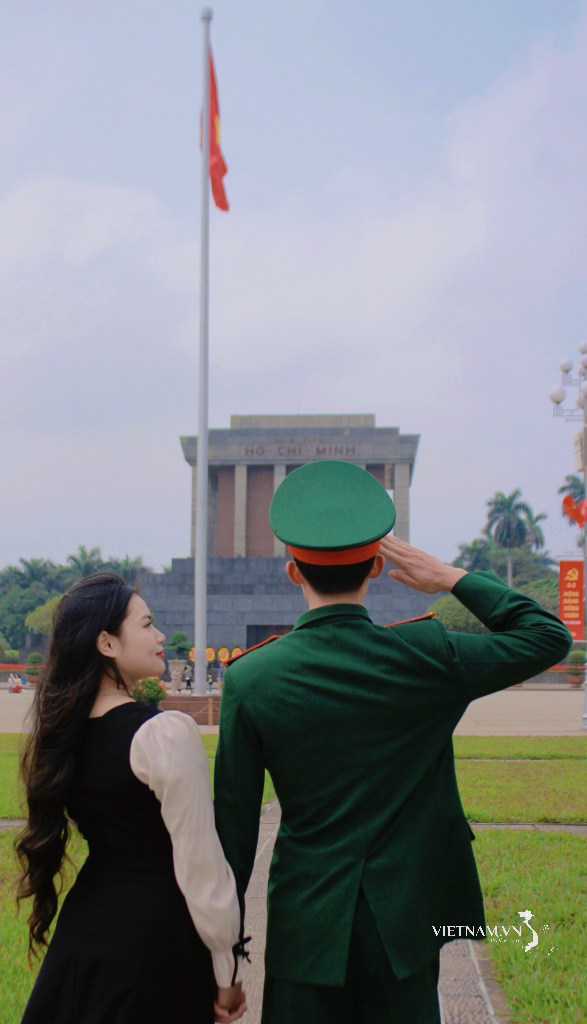
Comment (0)